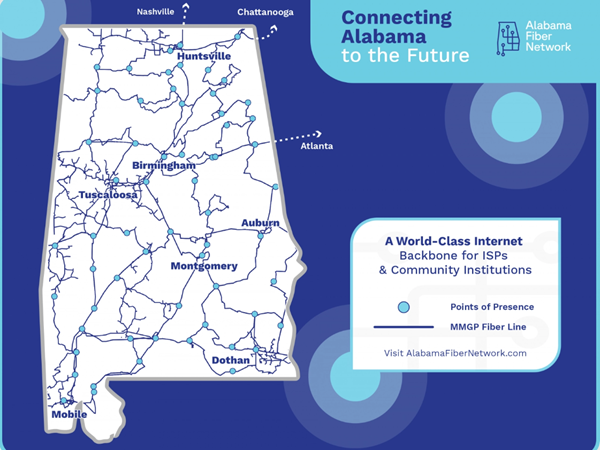“Cruel” E-Rate Rollback Harms Broadband Expansion Plans
Congressional Republicans are moving forward on a plan to kill a popular Federal Communications Commission (FCC) program providing free Wi-Fi to schoolchildren. Critics of the repeal say it’s a “cruel” effort that will undermine initiatives to bridge the affordability and access gap for families long stuck on the wrong side of the digital divide.
The effort, spearheaded by Texas Republican Senator Ted Cruz, leverages the Congressional Review Act to roll back FCC changes to E-Rate, a government program that helps subsidize deployment of broadband access to rural communities, libraries, and schools.
Accelerated by the remote education boom of pandemic lockdowns, communities country wide had petitioned the FCC to expand the program. The goal: allowing rural schools to leverage E-Rate funding to provide free mobile Wi-Fi hotspots to families that either couldn’t afford broadband – or found broadband entirely out of reach.

So in July 2024 the FCC voted to expand the program. Historically, E-Rate could only be used to improve access on school or library grounds. The expansion allowed schools to provide limited access to free Wi-Fi hotspots via school buses or other alternatives. The expansion did not involve an increase in the E-Rate budget or any new taxes on U.S. residents. It recognized that the concept of “school” had eclipsed the 20th century definition of a room in a community building.
“I believe every library and every school library in this country should be able to loan out Wi-Fi hotspots to help keep their patrons and kids connected,” former FCC boss Jessica Rosenwocel said when the reforms were announced. “It is 2024 in the United States. This should be our baseline. We can use the E-Rate program to make it happen.”




